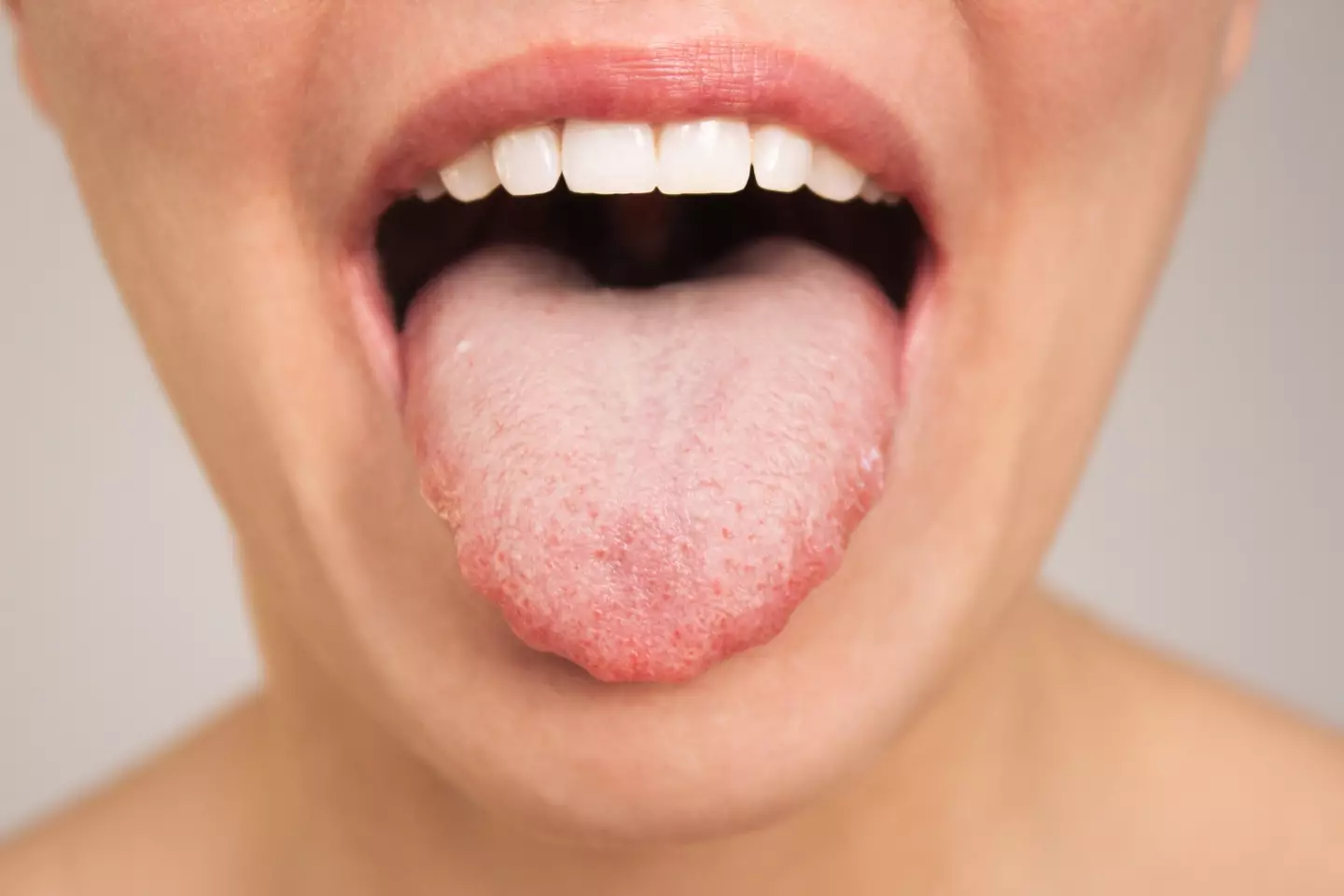Morning breath is an experience most people face, but is it simply a minor inconvenience, or could it signal a more significant health concern?
A medical professional has highlighted the importance of not dismissing morning breath, as it may sometimes suggest an underlying health problem.
Dr. Ali, a dentist at Emerdency, points out that “persistent or unusually strong morning odor can sometimes point to an underlying health issue.”
Dr. Ali identifies certain conditions that are associated with strong morning breath.
One key cause of morning breath, according to Dr. Ali, is gum disease, which requires attention and treatment.
“Gum disease is one of the most common and important causes of ongoing morning breath. The bacteria linked with sulphur gases are also associated with inflammation and damage in periodontal tissues,” Dr. Ali elaborated.

“Laboratory studies show that methyl mercaptan can interfere with collagen metabolism in gum fibroblast, which may contribute to recession, inflammation, and bone loss. Because early gum disease can progress with few obvious symptoms, persistent bad breath may be an early warning sign.”
If you experience dry mouth, it can exacerbate morning breath.
This occurs because saliva helps limit the growth of harmful bacteria in the mouth.
Various factors can cause dry mouth, including specific medications such as blood pressure treatments, antidepressants, and antihistamines.
“As the protection falls, bacteria thrive, sulphur compounds build up, and odor can persist even after brushing,” Dr. Ali noted.

Sinus and throat infections can also intensify morning breath, as they “can coat the back of the throat and tongue with mucus, which bacteria convert into foul smelling gases.”
“Persistent tonsillitis can also produce a similar effect, especially when tonsil stones are present, which can worsen the problem. These calcified deposits can release concentrated sulphur compounds that mouthwash may not fully mask, as the source lies deeper in the throat,” Dr. Ali cautioned.
According to Dr. Ali, acid reflux is another factor linked to bad breath due to the sour acid rising up the oesophagus.
“Gastroesophageal reflux is another possible contributor. At night, stomach acid and partially digested food can travel up into the oesophagus and sometimes into the mouth,” he explained.
“This produces a sour odor that lingers after brushing because the source is in the digestive tract rather than the mouth. Ongoing acid exposure can irritate delicate tissues, so it is important to discuss any changes in breath that might be linked to reflux with your dentist or doctor.”

Dr. Ali also warns that in certain instances, morning breath could be a sign of a “systemic illness.”
“Poorly controlled diabetes can raise ketone levels, giving the breath an acetone or fruity smell,” he said.
“Kidney disease can allow urea to accumulate, which breaks down to form ammonia and a strong odor. Advanced liver disease can increase sulphur compounds in the blood, producing a sweet, musty smell known as foetor hepaticus. These breath changes can appear early in the course of diabetes, sometimes before other symptoms.”
If there are concerns about morning breath, consulting a medical professional is crucial for proper evaluation and management.

